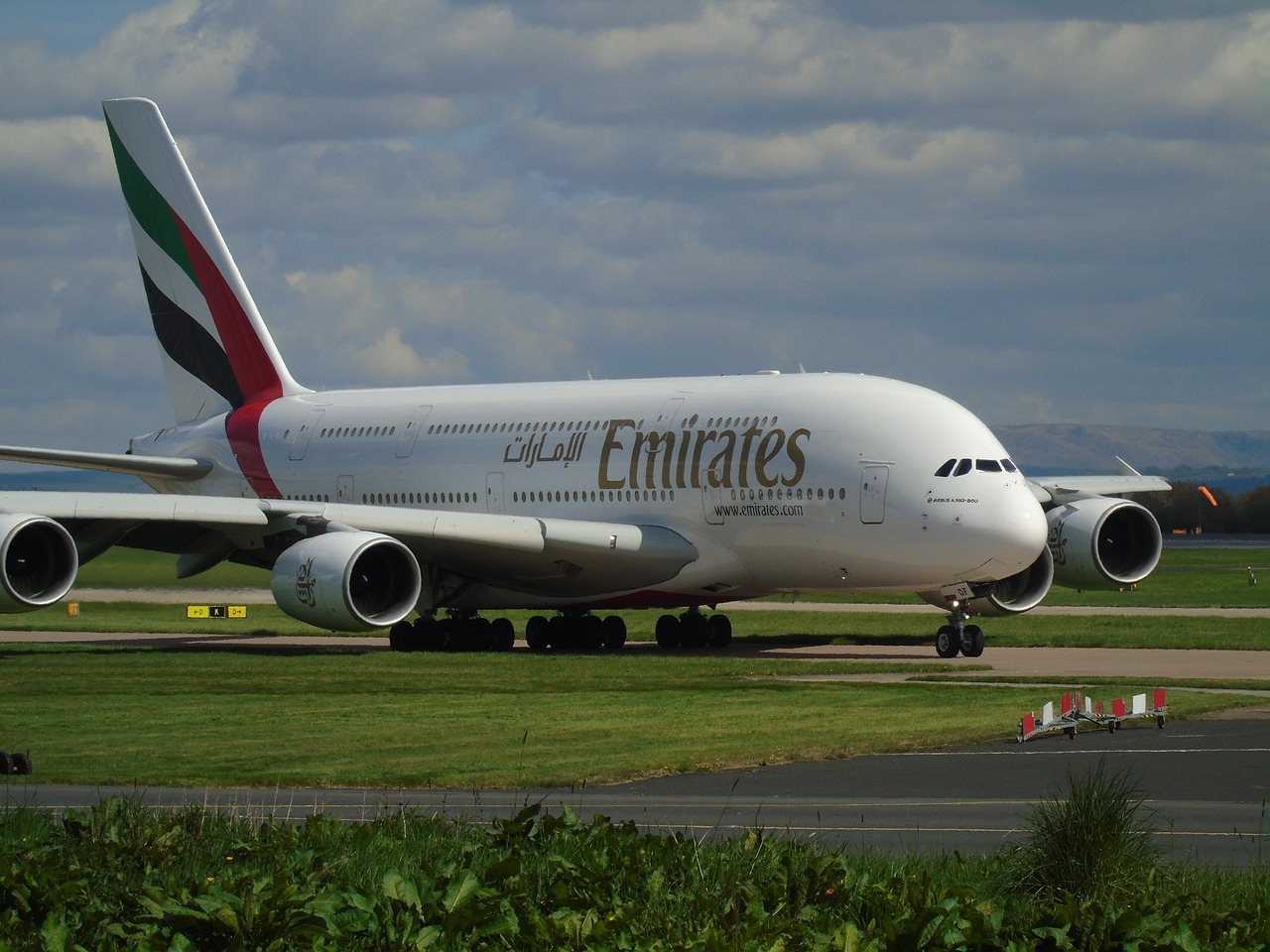At Dubai airport, travelers' eyes become their passports

Dubai's bustling international airport, known as the world's busiest, has always been a sight to behold with its grand duty-free shops, artificial palm trees, and impeccably clean terminals. Now, taking a page out of a science fiction novel, the airport is introducing a cutting-edge iris-scanner that eliminates the need for any human interaction when entering or leaving the country. This innovative technology is part of the United Arab Emirates' efforts to combat the spread of the coronavirus by promoting contact-less solutions. However, it has also raised concerns about privacy and surveillance in a nation that is known for its extensive network of surveillance cameras.
Since last month, Dubai's airport has been offering this program to all passengers, allowing them to breeze through passport control within seconds. Gone are the days of fumbling with paper tickets or navigating clunky mobile apps. The iris scan takes facial recognition technology to new heights by connecting the iris data to the country's facial recognition databases, eliminating the need for any physical documents or boarding passes. This seamless integration between Emirates, a leading long-haul carrier, and the Dubai immigration office ensures a hassle-free journey from check-in to boarding.
"The future is coming," exclaims Major Gen. Obaid Mehayer Bin Suroor, deputy director of the General Directorate of Residency and Foreign Affairs. With the new iris-scanner, all procedures are now incredibly efficient, taking only around five to six seconds.
However, as with any facial recognition technology, there are concerns about privacy, especially in a country that has faced criticism for its treatment of journalists and human rights activists. Emirates' biometric privacy statement states that passengers' faces are linked to other personally identifying data, such as passport and flight information, which is retained for as long as necessary. While the airline assures that it doesn't make copies of passengers' faces, there are uncertainties about how other personal data may be processed in Emirates' systems.
Bin Suroor reassures the public that Dubai's immigration office takes the protection of personal data seriously, ensuring that no third party can access it. Nonetheless, experts argue that without more transparency regarding data usage and storage, there is a risk of misuse.
Jonathan Frankle, a doctoral student in artificial intelligence at MIT, emphasizes that any surveillance technology raises concerns, regardless of the country in which it is implemented. However, in a democratic society, transparent use of surveillance technology allows for public discourse and debate.
Iris scans have gained popularity worldwide in recent years due to concerns about the accuracy of facial recognition technology. Compared to surveillance cameras that capture people's faces without their consent, iris biometrics are considered more reliable.
Despite concerns about surveillance, the UAE's facial recognition network continues to expand. Prime Minister Sheikh Mohammed bin Rashid Al Maktoum recently announced trials of new facial recognition technology in certain private sector services, aiming to reduce paperwork.
Dubai has been at the forefront of utilizing technology to combat the pandemic, implementing various tools such as disinfectant foggers, thermal cameras, and face scans to detect masks and measure temperatures. These programs rely on cameras that can record and potentially contribute to the city-state's comprehensive biometric databases.
In conclusion, Dubai's introduction of the iris-scanner at its airport represents a leap into the future of travel. While concerns about privacy and surveillance persist, the convenience and efficiency of this technology are undeniable. As Dubai continues to embrace technological advancements in its fight against the pandemic, it remains to be seen how this cutting-edge innovation will shape the airport experience for travelers worldwide.
News
- 2023-07-20 Germany behind schedule on wind energy rollout: study
- 2023-07-20 Researchers propose a circular economy for rare-earth elements
- 2023-07-20 Researchers propose a circular economy for rare-earth elements
- 2023-07-20 Charging cars at home at night is not the way to go, study finds
- 2023-07-20 Charging cars at home at night is not the way to go, study finds